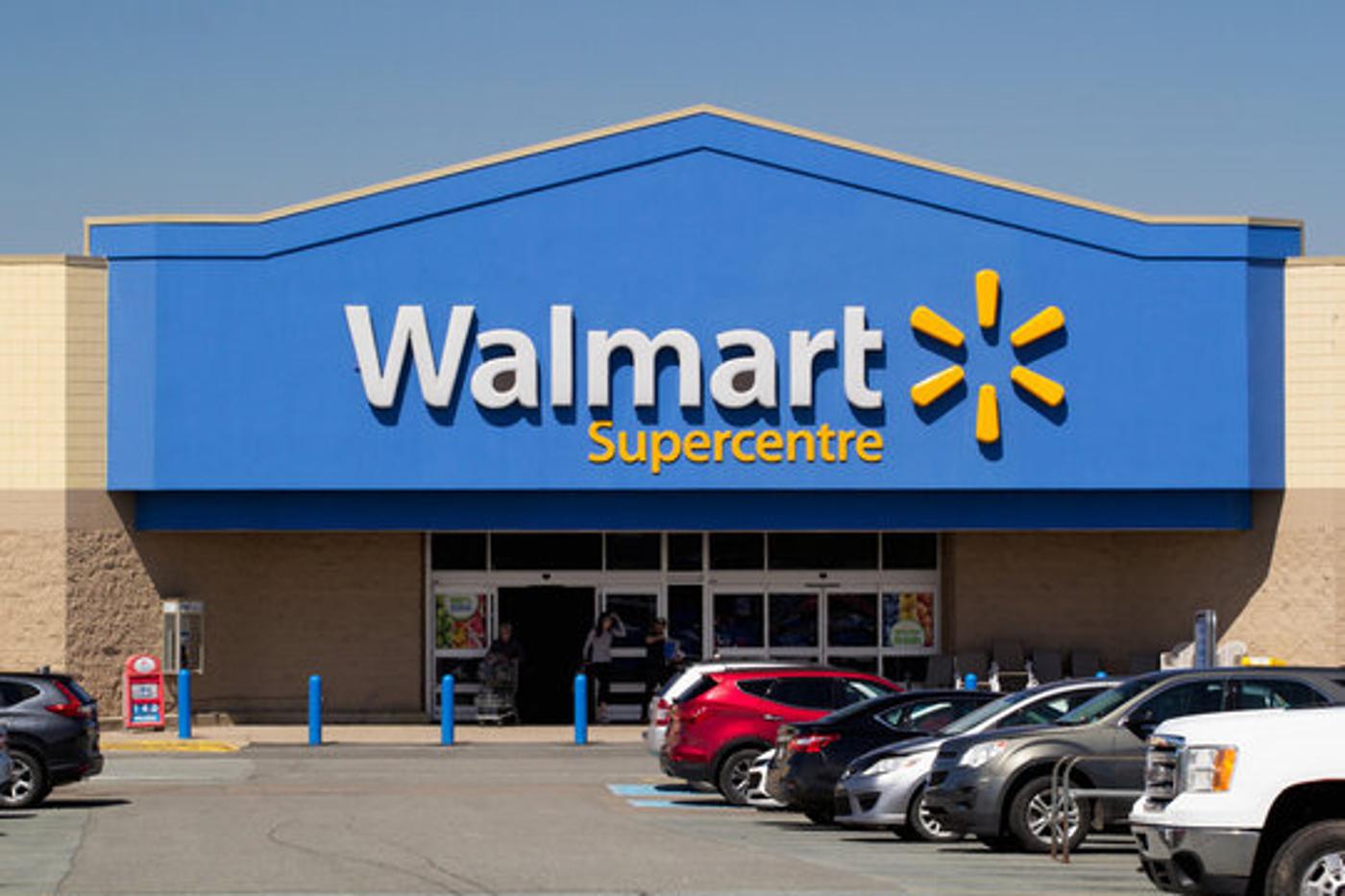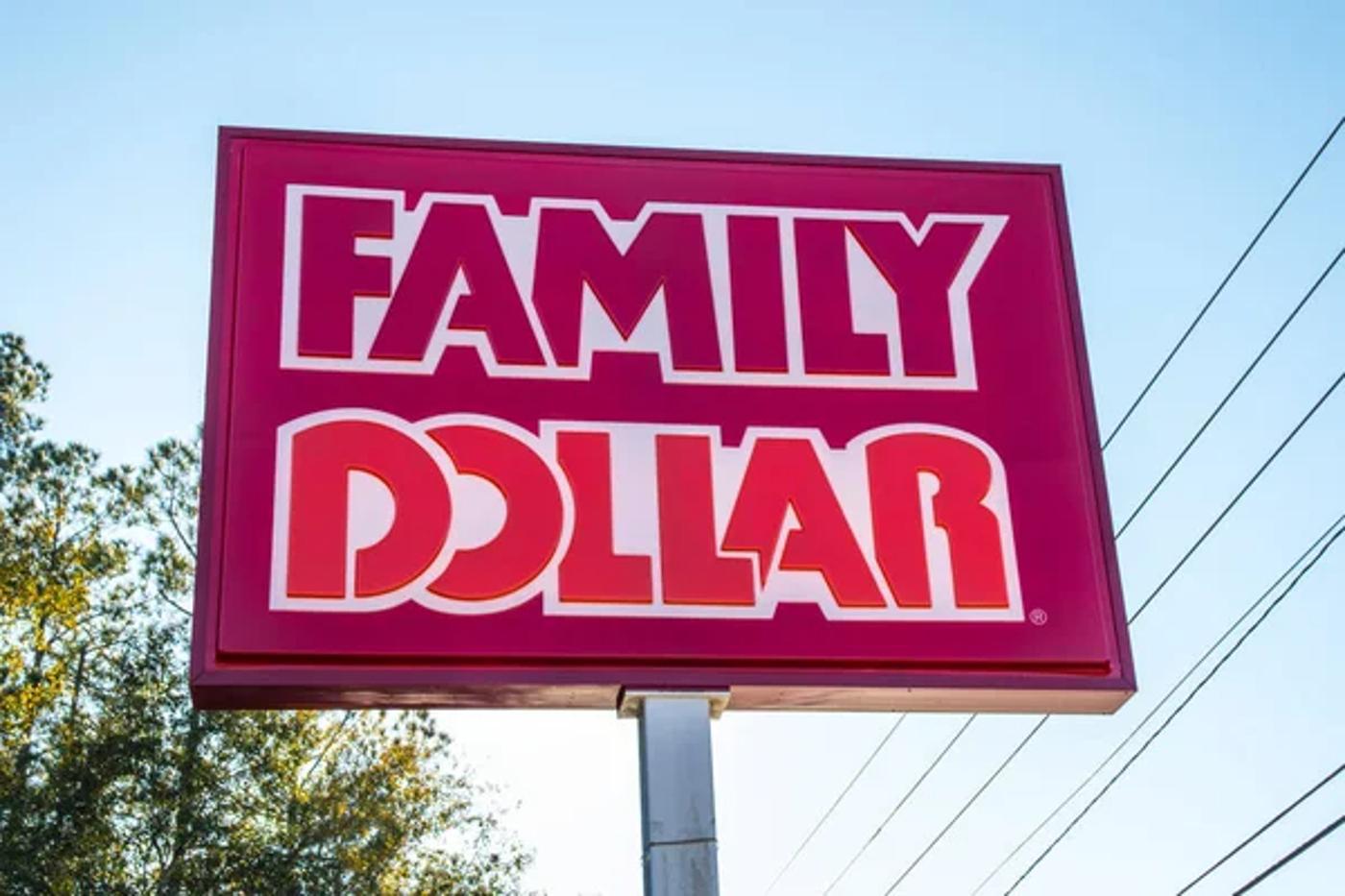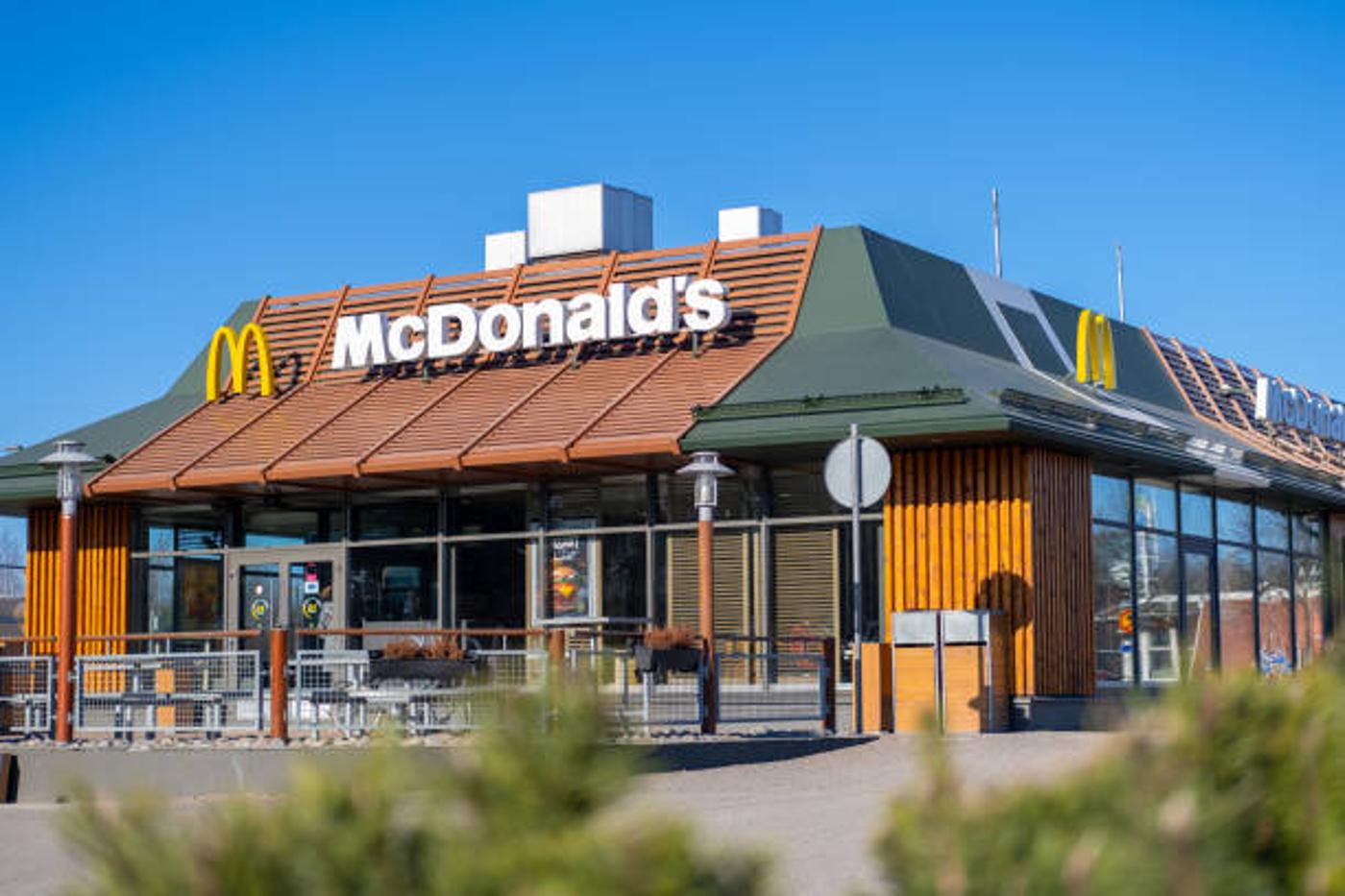The past few years have proved challenging for Americans; as the cost of living, including the price of groceries, rent, mortgage rates, cars, and almost everything else, has increased, millions of people are struggling to make ends meet.
But what many people don’t realize is that when Americans tighten their purse strings, the economy and, therefore, the country’s businesses suffer. In fact, several giant corporations have had to close hundreds of stores over the past year just to stay afloat.
June 2024: Inflation in America

Before diving into the corporations that have closed hundreds of doors this year, it’s first important to understand the current inflation situation in America and how it is affecting consumer spending.
The US inflation rate as of June 2024 is 3.3%, which is certainly on the high side of normal. However, many financial experts argue that the inflation rate does not fully explain the exorbitant cost of living throughout the country.
The Cost of Living in America

While inflation plays a role, there are many other factors increasing the cost of living in America. Interest rates, mortgage rates, utilities, childcare, and cars are all far more expensive than they were even just a few years ago. Meanwhile, wages have all but remained the same.
Therefore, in order to save enough money to pay for the necessities, tens of millions of Americans have cut back on any spending that might be considered superfluous, which is why the nation’s businesses are suffering.
3,000 Stores Closing Their Doors in 2024

According to one report, more than 3,000 stores have closed in the US in the past six months, and that number is growing every day. The vast majority of these closings were not small, family-run businesses but locations for some of the nation’s most popular brand names.
Beloved clothing stores like American Eagle and Anthropologie closed eight and six stores, respectively; there are four less Dick’s Sporting Goods stores, 22 fewer Abercrombie & Fitch locations, and Best Buy even closed nine of its doors for good.
Walmart Closed 9 of Its Locations in 2024

As millions of Americans live on tighter budgets than ever before, it would make sense that stores that sell non-essential items would be affected and forced to make adjustments. However, even companies that offer necessities, such as cleaning products and groceries, are grappling to keep their doors open.
Big Lots closed 13 locations this year, Dollar Tree has four fewer stores, and the mega-store Walmart surprisingly closed nine of its locations in 2024.
Family Dollar Will Close More Than 600 Stores in 2024

Within the thousands of stores closing across the country, Family Dollar is certainly making the biggest change: The company announced that it will permanently close 600 of its 8,427 stores in 2024.
Additionally, Family Dollar explained that it will likely close another 370 stores in 2025. The announcement came after Dollar Tree, the company that owns Family Dollar, reported $1.71 billion in losses in the fourth quarter of 2023.
Many Stores May Have to Lower Their Prices to Keep Their Remaining Doors Open

Along with closing dozens or even hundreds of store locations, several of these companies have also realized that they will have to slash their prices in order to stay profitable.
As Americans count their pennies, they choose stores that offer the lowest possible prices for their favorite items. In many cases, that means buying online.
Fighting Against Online Sales

Popular online shopping sites like Amazon or Temu have had a huge impact on brick-and-mortar stores over the past decade. Because these companies have low overhead, they can offer identical products at far lower prices.
Therefore, if stores want to keep their customers coming back, they have to set price points that are at least competitive with those they are finding online. Although prices in stores will likely always be slightly higher than those online, experts believe that Americans will see significant decreases in price tags in stores toward the end of 2024.
Supermarkets Are Fighting for Customers

While big-box stores and clothing retailers are fighting to ensure Americans can afford and do purchase their products, supermarkets are experiencing their own internal battles.
Everyone needs groceries, and as restaurant and even fast food prices spike, Americans are eating at home more than ever before. However, that doesn’t mean that all grocery stores are thriving. Many grocery store chains are struggling to keep customers at their stores, as opposed to the many other options available.
Discount Stores Like Aldi Are Thriving

Discount stores like Aldi and Costco are thriving in the current economic climate. According to the Wall Street Journal, Aldi is anywhere between 6% and 16% cheaper than Walmart, and the company is thriving.
Aldi reported a 3.1% growth in sales for the first quarter of 2024 from the year before, and as the company has announced that it will continue to slash prices this year, financial experts assume those sales will increase by this time next year.
Fast Food Companies Are Decreasing Prices, Too

Of course, grocery stores aren’t the only ones that realize reducing prices is the best way to increase sales. Several fast food chains, like McDonald’s and Burger King, are doing the same.
Both McDonald’s and Burger King recently announced new $5 value meals to attract American budget-conscious consumers. Although they will have to wait and see if these promotions work, everyone expects their sales to increase in the coming months.
Americans Should Expect More Store Closures Over the Coming Years

Stores around the country are facing a challenging reality: In order to keep customers coming in, they have to reduce their price tags. However, by doing so, they may decrease their net profits.
Therefore, Americans should expect more store closures over the coming months. Essentially, these mega-companies have decided that they need to cut down on overhead costs to be able to slash their prices. Although some Americans will lose their nearby stores and others will lose their jobs, overall, this news is actually beneficial for the American consumer.








































